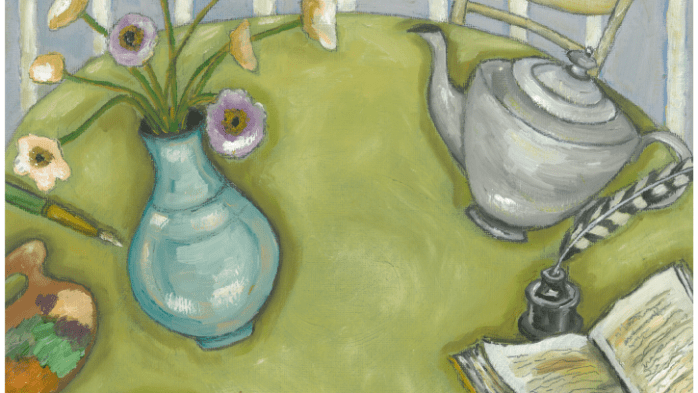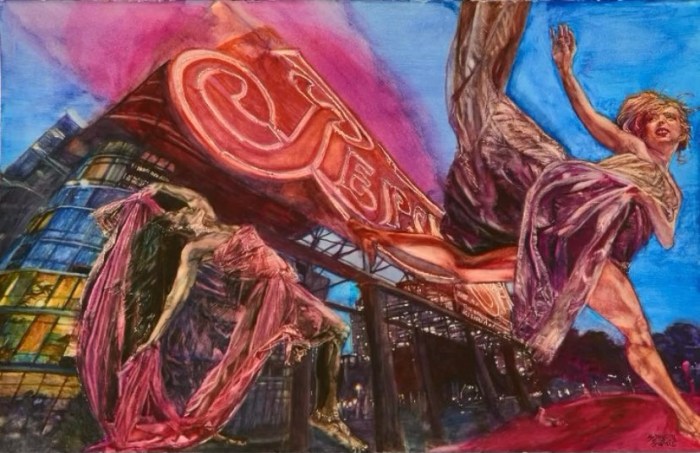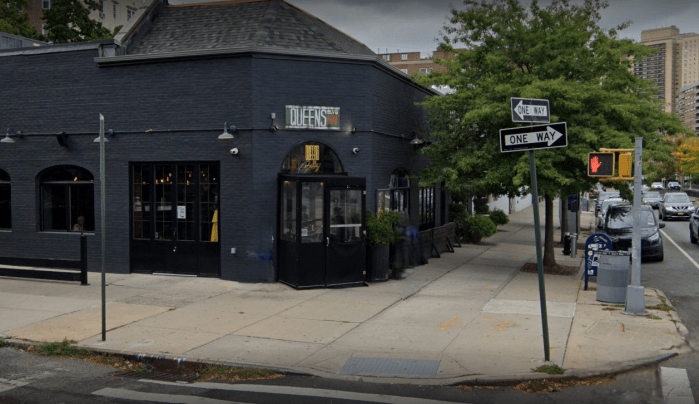Long before judges crowned royalty to winners of national pageants naming them Miss World, Miss Universe and queen of territories, Jamaica’s Louise Bennett reigned as the queen of patois and worldwide regarded, Miss Lou.
Born Sept. 7, 1919 in Kingston, Jamaica, Bennett was the only child of Cornelius Bennett, a baker and Kerene Robinson, a dressmaker. Her father died when she was young.
Therefore, she was raised by her single parent, mother.
Bennett by her own words said she was an average student. But she loved to communicate. Eventually she emerged a poet, folklorist, writer and educator.
She was instrumental in enabling the legitimization of the Jamaican dialect of the people giving literary recognition to patois.
Her recitations entertained and amused the average citizen but also influenced other poets, including Mutabaruka and Britain-based Linton Kwesi-Johnson.
She appeared in leading humorous roles in several Jamaican pantomimes and television shows. Among her comedic routines, her parting salutation was always “walk good.” The full sentiments extended the hope: “… and may good duppy (ghosts) follow you.”
She taught drama and folklore at the University of the West Indies. She also worked at the Jamaica Broadcasting Corporation.
She travelled throughout the world promoting the culture of Jamaica through lectures and performances on stage, radio, television and films.
Although her popularity was international, she enjoyed celebrity status in her native Jamaica, Canada and the United Kingdom. Ironically, Bennett was ostracized by educated Jamaicans who saw the local patois as inferior to the preferred Oxford English. Initially, the island’s premiere newspaper — The Gleaner — refused to publish her poems. However, later the publication paid her for a regular Sunday column which became a popular item. Bennett won a British Council Scholarship to the Royal Academy of Dramatic Art in London in 1945 and was the first Black student there.
Her poetry has been widely published, most notably the 1966 volumes “Jamaica Labbrish” and “Anancy and Miss Lou” in 1979. Her most influential recording is probably her 1954 rendition of the Jamaican traditional song “Day Dah Light.” In 1955 the song was recorded by Harry Belafonte as “Day O.” It is also known as the “Banana Boat Song.”
Belafonte based his version on Bennett’s recording. Reportedly, Belafonte’s famous version became one of the biggest hit records of the decade. Sales from the song led to the very first gold record ever awarded and influenced a Grammy process. After graduation she worked with British repertory companies.
In 1945 and 1946, she was host of a BBC radio show called “Caribbean Carnival.”
But she returned to Jamaica in 1947. Reportedly, she found it hard to earn a living there.
In 1950, she returned to England where she again found work with the BBC, as host of another Caribbean show called “West Indian Night.”
She migrated to New York in 1953. Here she worked at Macy’s Department store to supplement her income.
Along with her husband Eric Coverly — who she married in 1954 — directed a folk musical called “Day in Jamaica.” The couple returned to Jamaica in 1955.
The production first staged at St. Martin’s Little Theater in Harlem later moved around to various church halls throughout Caribbean communities in the tri-state area. Bennett worked with Alma John, a popular, Black radio personality whose program aired on WLIB-AM.
While residing in New York City, Bennett also sang folk songs at the Village Vanguard in Greenwich Village.
Bennett was made a Member of the British Empire (M.B.E.) in 1960 for her work in Jamaican literature and theater.
Among several books on poetry and folklore she published, the 1966 “Jamaica Labbrish” is perhaps her most famous. Her first publication was “Dialect Verses” in 1942. She also recorded many albums, including “Jamaica Folksongs” (Folkways) in 1953 and “Yes Me Dear” in 1981.
In 1974, she was conferred with the nation’s fourth highest honor, the Order of Jamaica. Considered an equivalent to knighthood in the British honors system, Miss Lou might have also been addressed as Dame Louise Bennett.
In 1979, the Jamaica Information Service produced a film lauding her contribution to arts and culture and Jamaica entitled, “The Hon. Miss Lou.”
The Jamaican government also appointed her Cultural Ambassador at Large for Jamaica. Among numerous other awards, she received the Institute of Jamaica’s Musgrave Silver and Gold medals for eminence in the field of arts and culture; the Norman Manley Award for Excellence; an honorary Doctorate of Letters from the University of the West Indies (1983) and another from York University in Toronto, Canada.
In 1986 Bennett made an appearance in the comedy film “Club Paradise” which co- starred Robin Williams, Jimmy Cliff and Peter O’Toole.
On Jamaica’s Independence Day in 2001, the honorable poet was presented the nation’s third highest honor, the Order of Merit.
She died on July 26, 2006 at age 86 in Toronto, Canada.

























